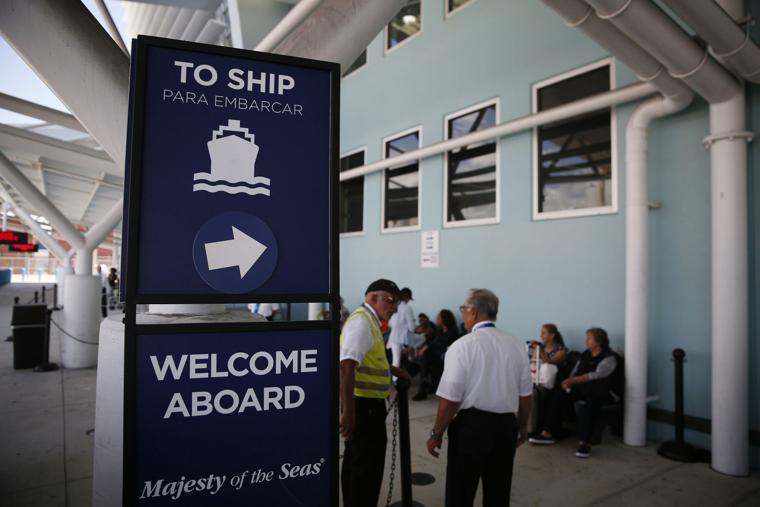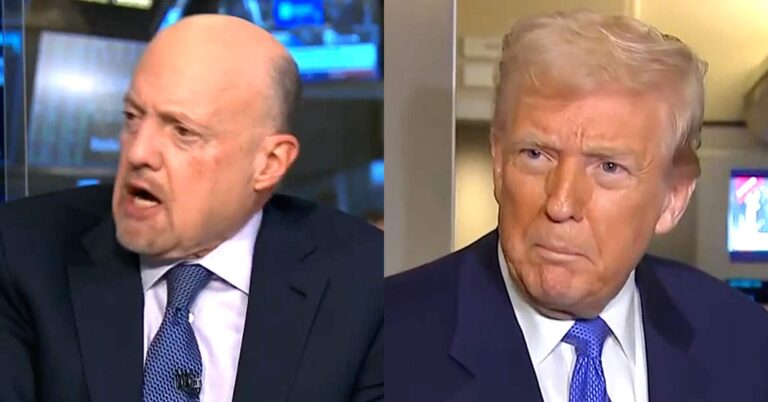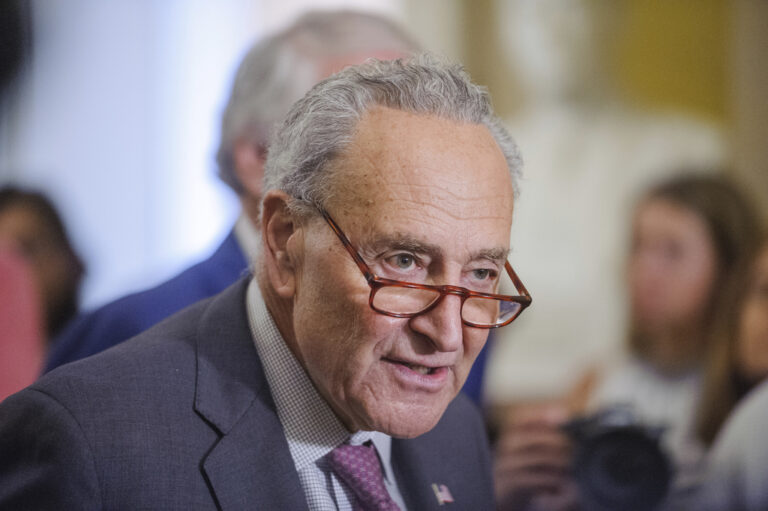The Trump administration’s new restrictions on travel to Cuba have made it harder, but far from impossible, for Americans to visit the island nation.
Cruises offered easy, one-stop shopping for legal trips across the 90 miles that separate the two nations, but those appear to be over for now, after the federal prohibition took effect Wednesday. All major cruise lines have rerouted Cuba-bound itineraries to other Caribbean destinations, leaving thousands of passengers disappointed.
Some answers to common questions about the complications of travel to Cuba:
___
WHY DID THE ADMINSTRATION TAKE THIS STEP?
The Trump administration says it wants to cut off cash to Cuba’s communist government to force it to stop supporting President Nicolas Maduro of Venezuela. Cuba says Trump wants to reduce Americans’ exposure to the country because those who travel here invariably come back opposed to the 60-year U.S. embargo on the island.
___
ARE THERE OTHER WAYS TO TRAVEL TO CUBA?
Major airlines, including American, JetBlue and Delta, continue to run a full schedule of relatively affordable flights to Havana and other Cuban cities. Most depart from Miami and Fort Lauderdale, but there are daily flights from other U.S. cities.
As far as Cuba is concerned, American visitors are welcomed as tourists, and the country tries to make it easy for them to come. Tourist vistas are available for immediate purchase with an airline ticket or separately upon check-in for a Cuba-bound flight. The cost is about $50 per visa. Cuba remains perhaps the safest country in the Western Hemisphere for travelers, with violent crime against tourists virtually unknown. Even simple theft is unusual.
___
WHAT DOES THE LAW SAY?
U.S. law prohibits Americans from going to Cuba, except for 11 specific purposes: family visits; government business; journalistic activity; professional research and meetings; educational activities; religious activities; public performances and exhibitions; supporting the Cuban people; humanitarian projects; activities of private foundations; and importing and exporting.
Travelers must pick one of those categories from a menu displayed during their purchase of an airline ticket.
Before Trump’s latest changes, many Americans came in groups whose purpose was “people-to-people” contact with ordinary Cubans. That category, with requirements that were relatively easy to fulfill through normal travel, has now been eliminated.
___
WHAT DO OTHER REPUBLICANS SAY?
Advocates of Trump’s changes, such as Florida Sen. Marco Rubio, say that Americans should now travel to Cuba under the category of support for the Cuban people.
The U.S. government defines this as supporting the activities of human rights organizations and other groups that promote democracy and “independent activity intended to strengthen civil society in Cuba.”
There are dozens, if not hundreds, of travel-related activities that could be seen as complying with that definition. Cuba travel companies on Wednesday had already begun repackaging tours to make them compliant with “support for the Cuban people,” promoting activities such as culinary tours, cigar-rolling and scuba diving.
___
CAN AMERICANS BE PUNISHED FOR TRAVELING TO CUBA?
The legality of U.S. travel to Cuba has functioned on an honor system for years. Enforcement was virtually unknown during President Barack Obama’s presidency, and there have been no reported cases of examination of travelers’ itineraries since President Donald Trump took office.
That could change at any time. U.S. rules require travelers to keep records of their travel to Cuba, a journal of daily activities, for example, for at least five years.
Complicating any travel to Cuba is a U.S. requirement that Americans avoid patronizing any business on a list of businesses run by military- and intelligence-linked government agencies. Enforcement of the list is practically impossible in many cases.
(AP)











